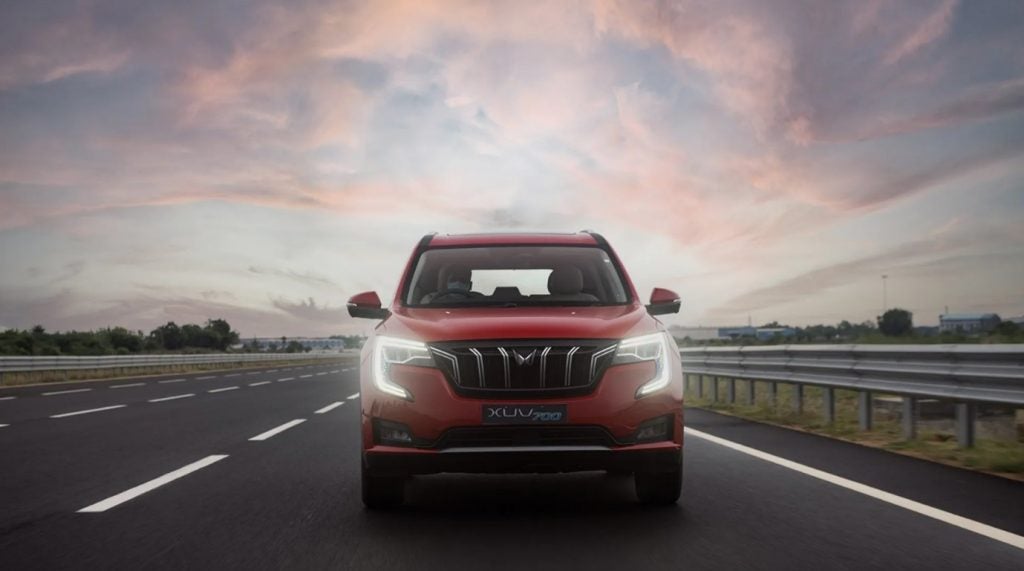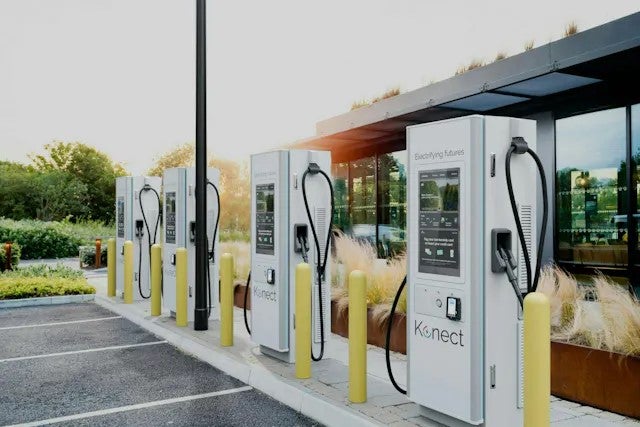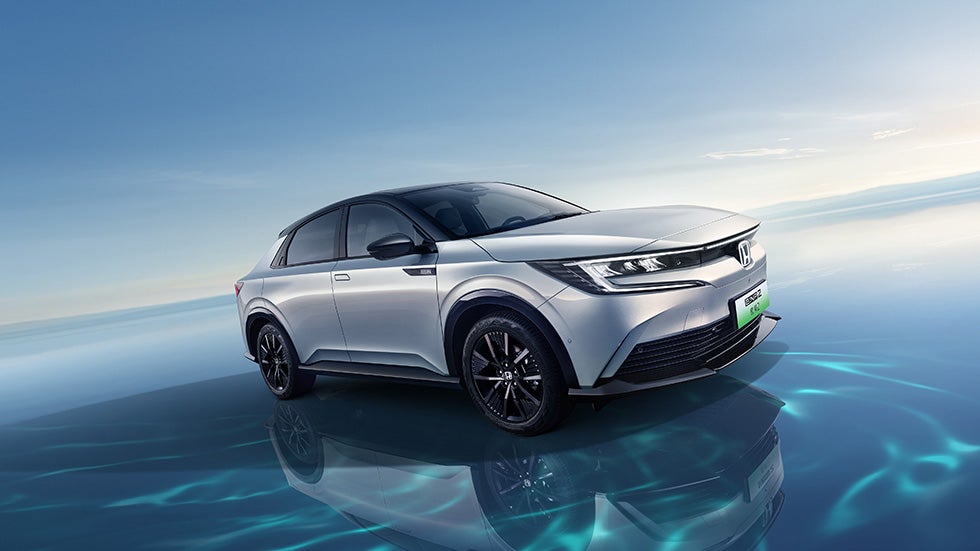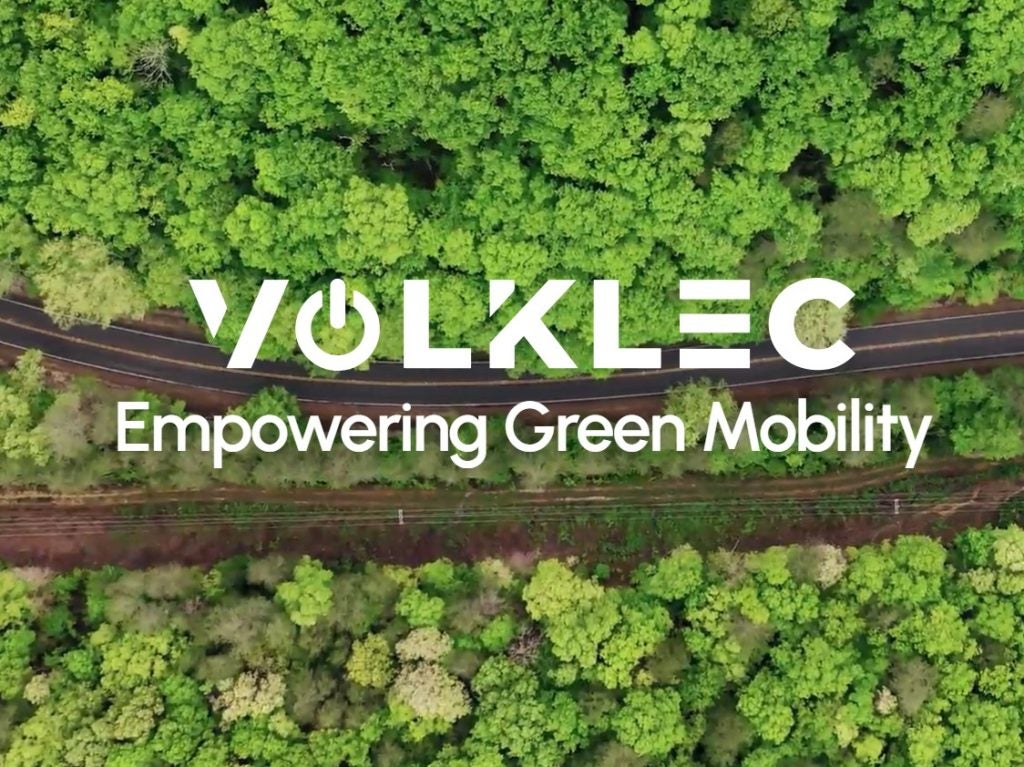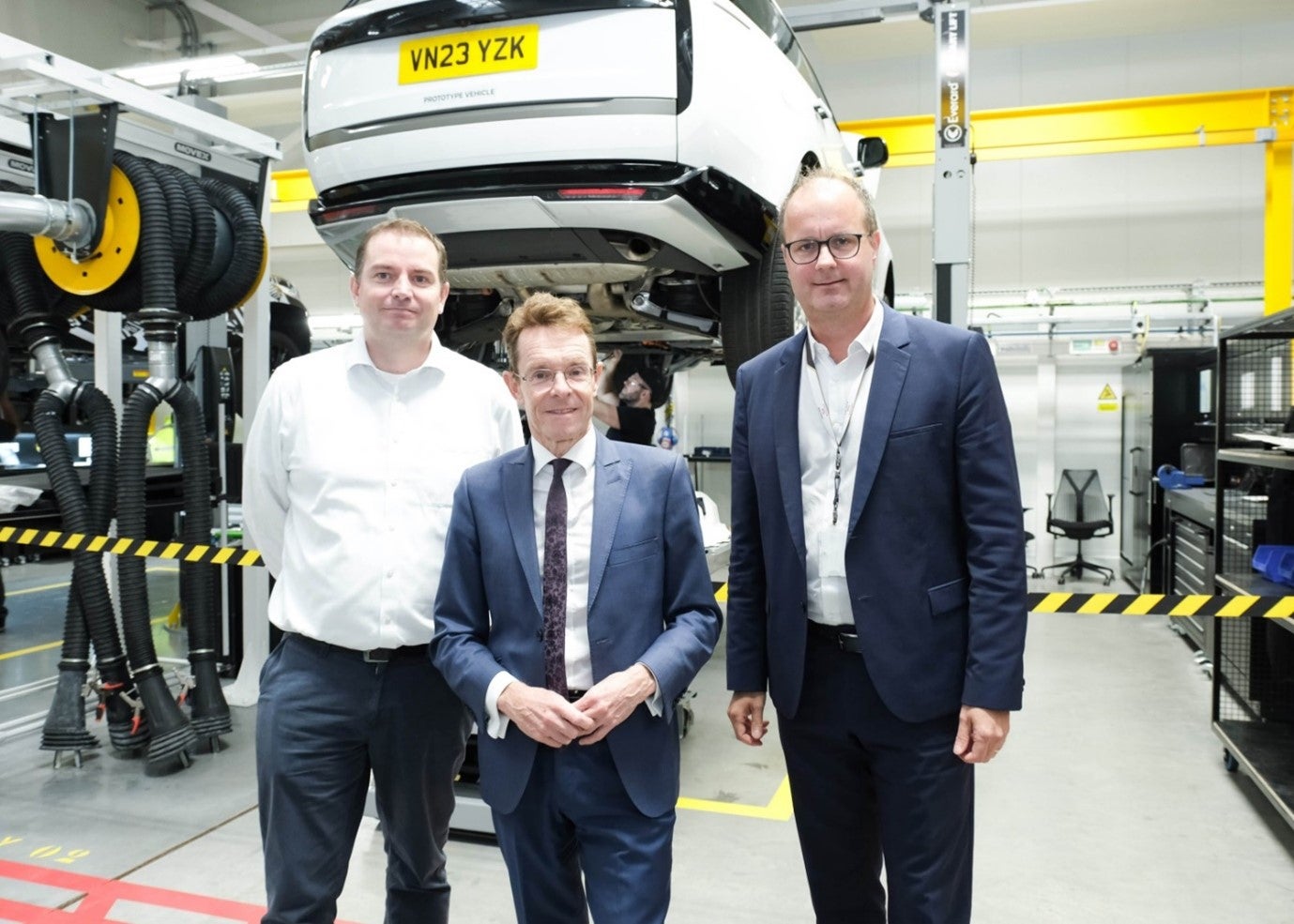
Tata Motors‘ Jaguar Land Rover (JLR) has officially opened its new electric vehicle (EV) testing facility at the Whitely Engineering Centre in Coventry, England.
Costs for the so called Future Energy Lab totalled GBP250m as part of JLR’s GBP15bn spend to electrify its models over the next five years.
Two hundred engineers work at the facility.
A further 150 roles are expected to be created, providing a “significant boost” to the regional economy. JLR is working on nine electric models for launch by 2030.
Oliver Boakes, chief engineer, powertrain test operations, said in a statement: “Our operations at Whitley are at the heart of JLR so this test facility is another jewel in the crown of our move towards an all electric future.”
The lab will carry out rapid testing of EVs, electric drive unit manufacturing and EV systems in cells.
How well do you really know your competitors?
Access the most comprehensive Company Profiles on the market, powered by GlobalData. Save hours of research. Gain competitive edge.

Thank you!
Your download email will arrive shortly
Not ready to buy yet? Download a free sample
We are confident about the unique quality of our Company Profiles. However, we want you to make the most beneficial decision for your business, so we offer a free sample that you can download by submitting the below form
By GlobalDataAn electric Range Rover is scheduled for launch by the end of 2024 and is being tested at the new facility.
Earlier this year JLR announced plans to recruit 300 technicians and engineers in the West Midlands for production and development of new BEVs.
JLR aims to become carbon net zero across its supply chain, products, and operations by 2039.
By the end of the decade, the Range Rover, Discovery and Defender ranges will all offer an electric model while Jaguar will be entirely electric.



